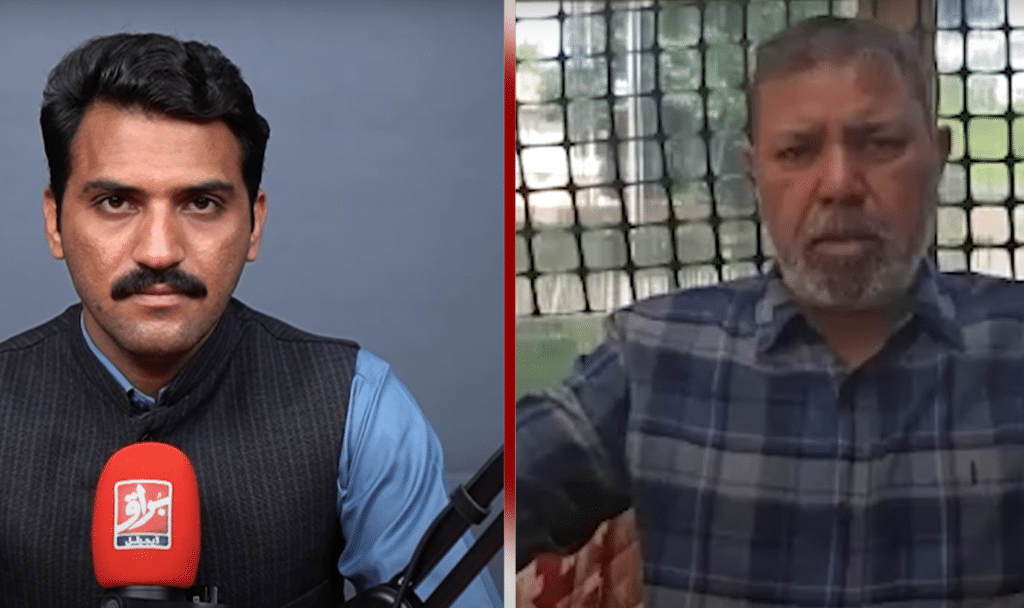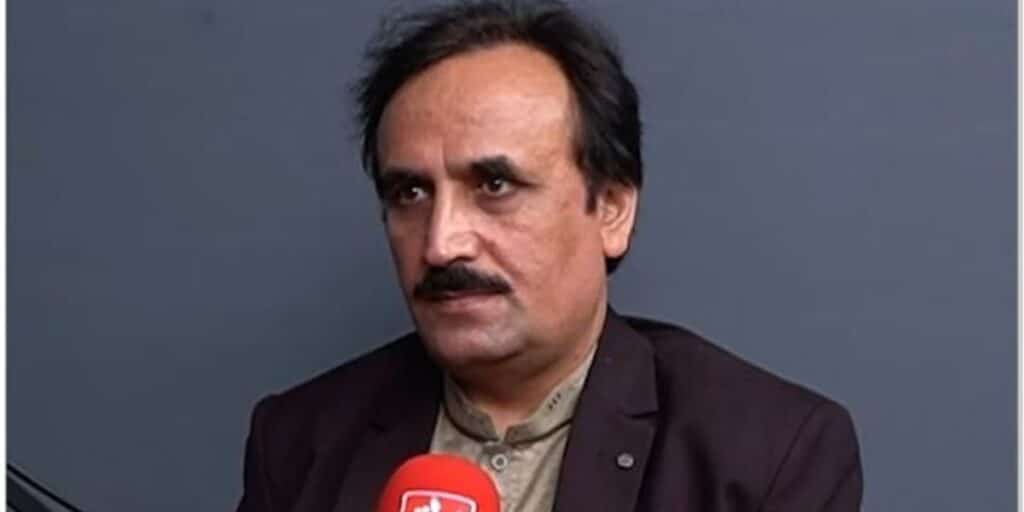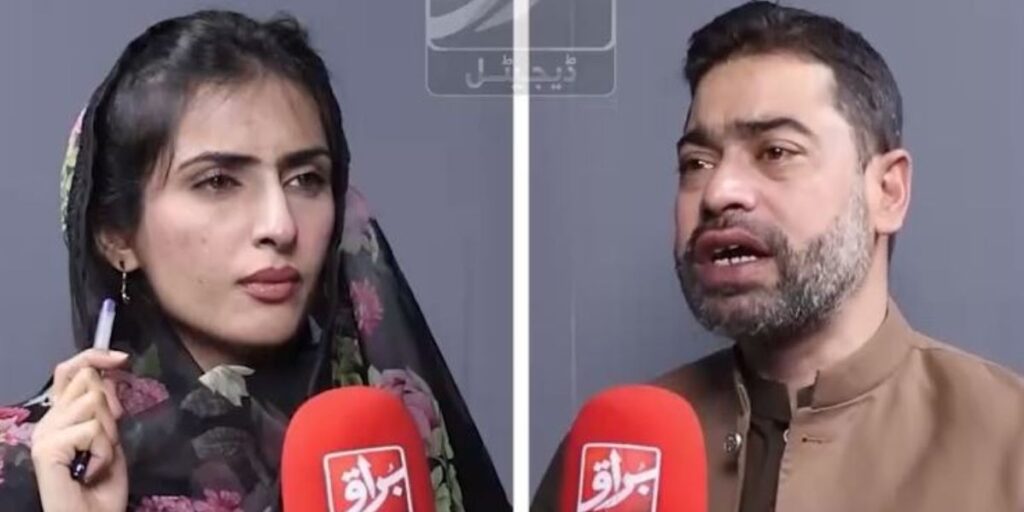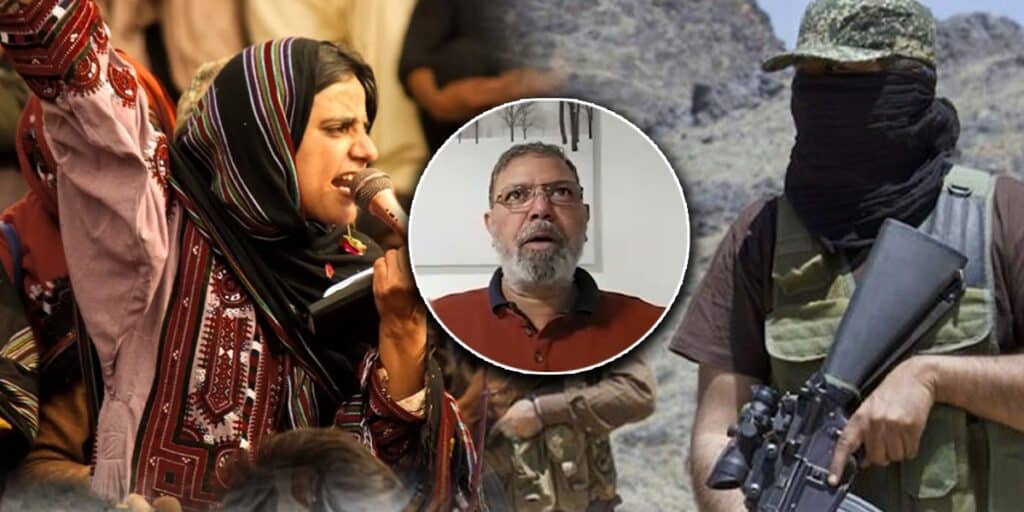By: Ashir Azeem
Pakistan’s administrative and strategic landscape from within and outside the system I feel compelled to address the distorted narratives being spun around the China-Pakistan Economic Corridor (CPEC), particularly in the context of Balochistan. These narratives not only undermine our national integrity but also serve foreign agendas designed to destabilize Pakistan’s long-term economic and geopolitical prospects.
In this sense, let me be unequivocal: CPEC is in protected hands. It is a game-changer project with a total investment exceeding $65 billion, and it has the potential to reposition Pakistan as a regional hub for trade, connectivity, and development. The Chinese government has placed an enormous amount of trust in our country, and this trust is backed by resources, long-term planning, and diplomatic alignment.
The challenges we face on the CPEC front are not internal by design but rather manufactured through external manipulation. In addition, multiple hostile intelligence networks are actively working to undermine the success of CPEC. So far, RAW, India’s intelligence agency, and Mossad, the Israeli intelligence service, are persistently trying to sabotage progress by exploiting internal fault lines, primarily in Balochistan.
In such a scenario, to counter these threats, Pakistan has taken proactive and sovereign steps. In this regard, Special Security Division (SSD), comprising over 15,000 highly trained personnel, has been raised exclusively for the protection of CPEC infrastructure, personnel, and logistics.
This division is strategically deployed across vulnerable zones to ensure that our developmental momentum remains unimpeded. Meanwhile, China offered to deploy its own forces for the protection of its interests, Pakistan rightly declined. We are fully capable of defending our soil and the investments made upon it.
Simultaneously, separatist outfits such as the Balochistan Liberation Army (BLA) and Balochistan Liberation Front (BLF) remain the most visible instruments of disruption. These groups do not operate in isolation; they are mere pawns in a larger geopolitical chessboard. The ideology, resources, training, and propaganda all point toward direct foreign sponsorship. The violent actions of these organizations are not acts of resistance they are acts of betrayal.
When they chant slogans like “Azad Balochistan”, they are echoing the aspirations of their foreign handlers, not the will of the Baloch people.
The Khan of Kalat, the then-ruler of a princely state within Balochistan, willingly acceded to Pakistan in 1948. The oft-repeated argument that Balochistan was annexed by force is not just historically inaccurate it is deliberately misleading.
The accession was a political decision, endorsed and facilitated through dialogue, not coercion. The rest of what we today call Balochistan was already a part of Pakistan through the legacy of British administrative divisions.
The narrative of separatism is not rooted in ground realities. The ordinary Baloch citizen whether a farmer in Awaran, a student in Khuzdar, or a trader in Turbat wants peace, education, and development.
They want roads, hospitals, clean drinking water, and employment. CPEC offers all of these, and much more. There are certain benefits to reach the people, security and stability must be non-negotiable. Those who disrupt development in the name of liberation are in fact enslaving future generations of Baloch to poverty and chaos.
It deeply frustrates me when I see international media and some so-called intellectuals expanding separatist propaganda without context or scrutiny. They romanticize rebellion, ignoring the bloodshed, disruption, and trauma it brings.
They rarely mention the schools burned, the roads destroyed, or the local police officers assassinated by these very “freedom fighters.”
In such a scenario, advocating for an “Azad Balochistan,” I ask: What does independence look like in a region marred by tribal fragmentation, external manipulation, and limited state infrastructure? What new state could emerge from such chaos, and at what cost? The idea is not only absurd it is irresponsible. Balochistan’s strength lies in its connection with Pakistan, not in separation from it.
We must acknowledge that legitimate grievances exist grievances about resource distribution, representation, and governance. The Pakistani state has made serious efforts in recent years to uplift Balochistan through development packages, educational initiatives, and improved political inclusion.
CPEC is not just a corridor of roads and pipelines it is a corridor of opportunity, hope, and integration. The enemies of Pakistan understand this well, which is why they are so determined to disrupt it. Pakistan is evolving, and so is Balochistan. The youth of Balochistan are more informed and connected than ever before. They know the difference between progress and propaganda.
Also Read: Balochistan youth join China’s top universities under CPEC educational exchange
The idea of “Azad Balochistan” is not only disconnected from history but also from the aspirations of the people it claims to represent. We must stay united, vigilant, and forward-looking. Pakistan’s future and that of Balochistan depends on it.





